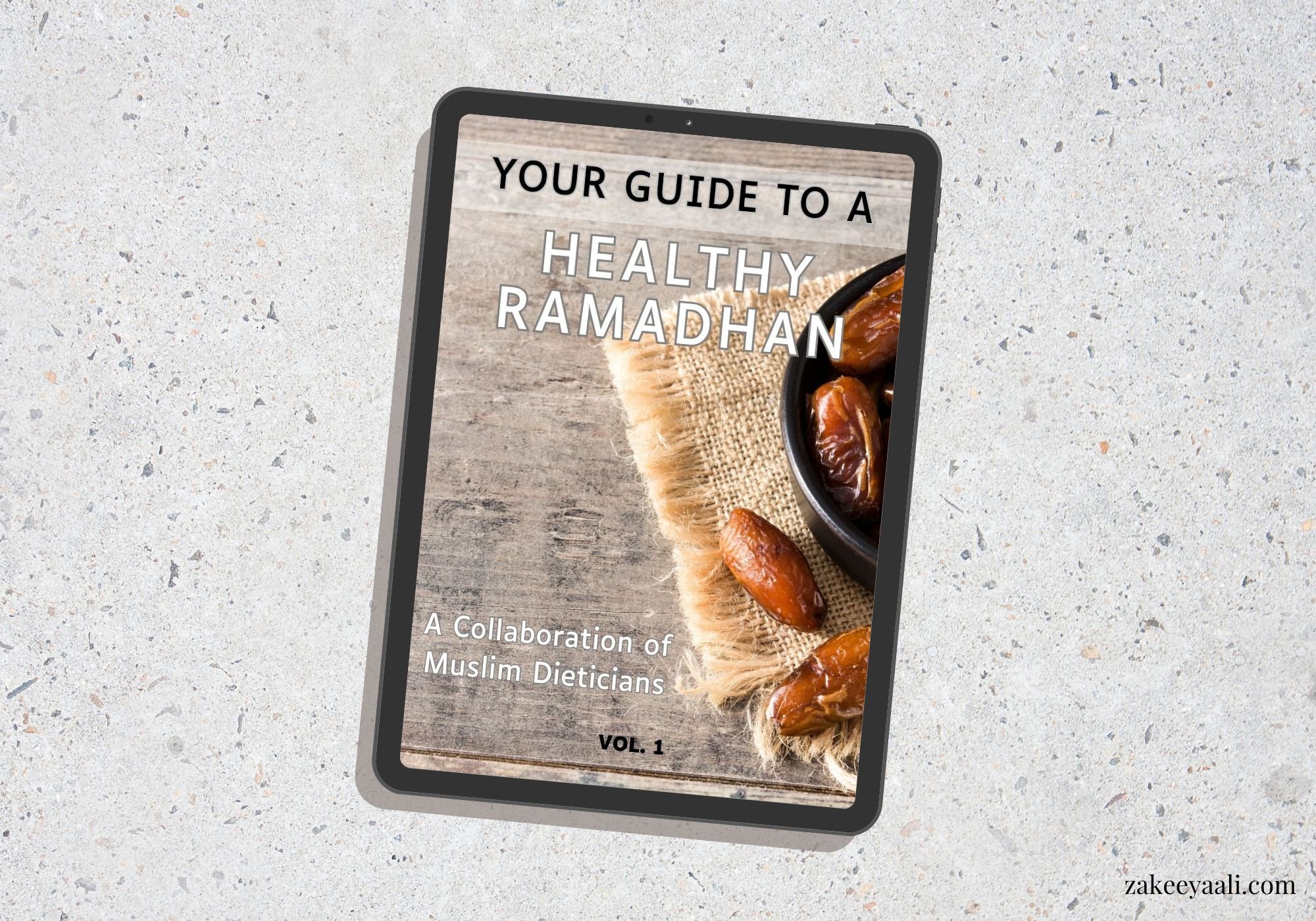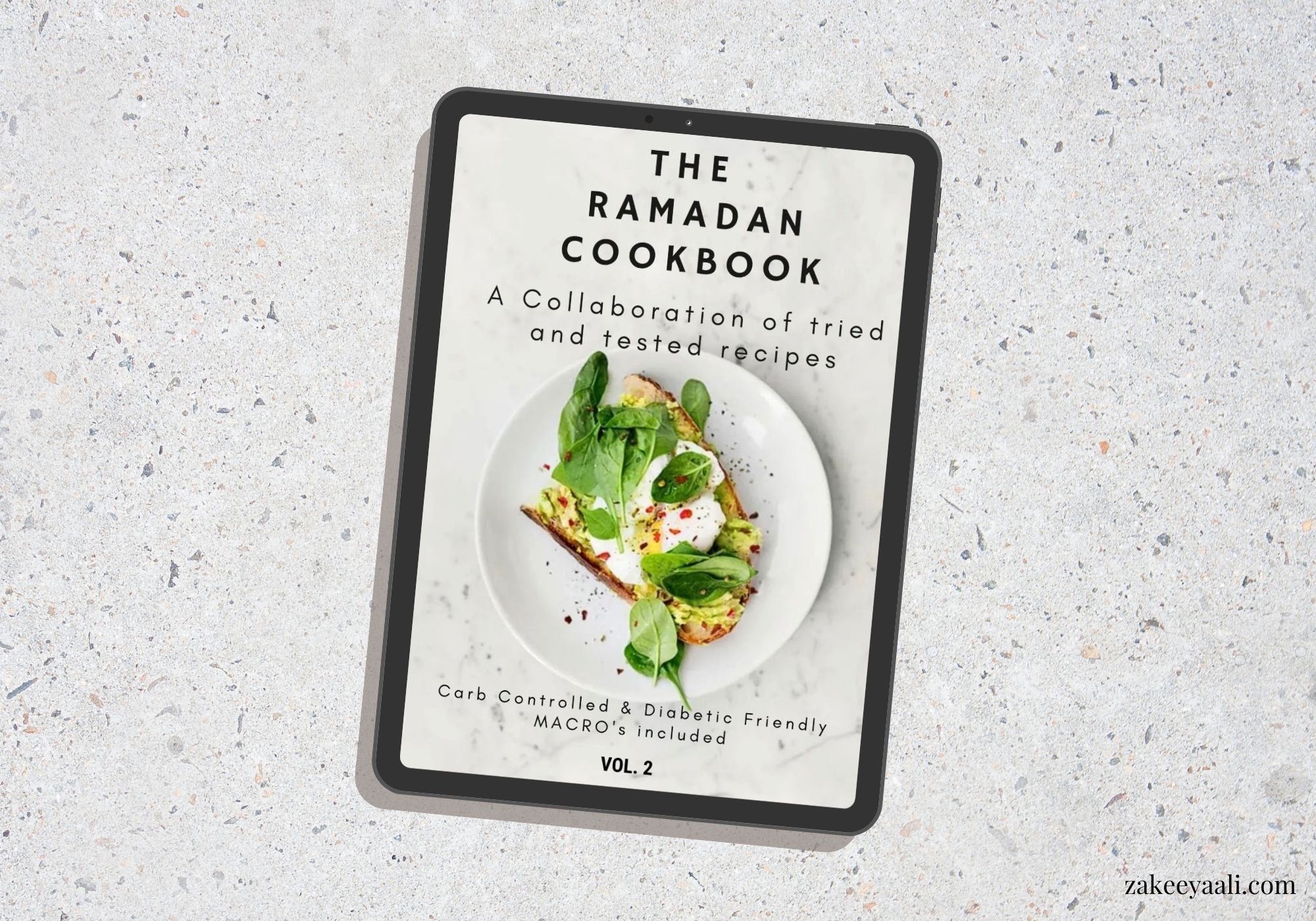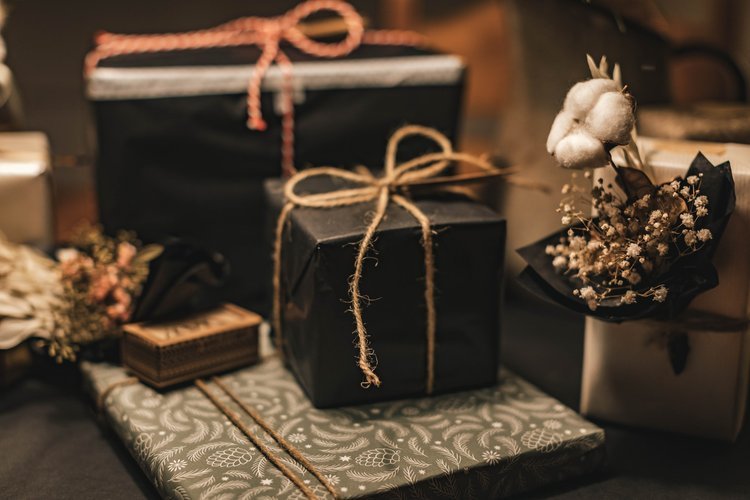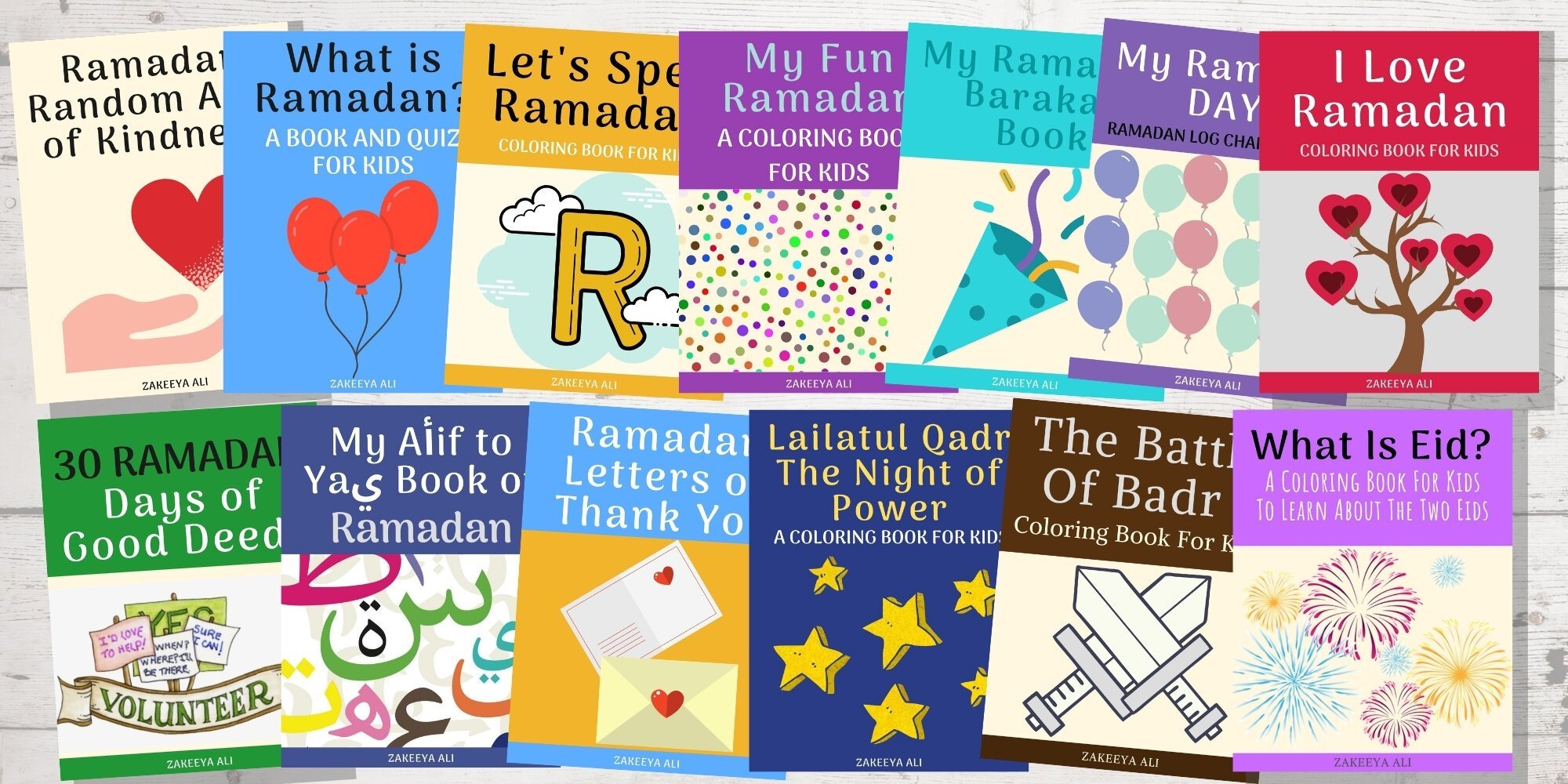Superfoods To Consume During Ramadan
I pray you are all having lovely days of fasting filled with blessings and forgiveness from Allah SWT. During one jumuah at the masjid in Ramadan, a young boy fainted in the line in front of my husband. This sad occurrence reminded me to ponder and share advice for us moms.
If our young children want to fast, we should ensure that they are eating a good suhoor and iftaar. This could include dates, water, fruit, vegetables, protein, and fiber.
I know many parents want to reward their children with desserts and treats during Ramadan, especially if they fast. However, try to make those treats secondary, and save them for after they eat the good stuff first.
Below I am sharing a wonderful resource by a sister who breaks down the sunnah superfoods that are great to have in Ramadan.
Super Foods For Ramadan
Source: Umme Faatimah - B.Dietetics University of Pretoria, SA
Dates
Dates are the most mentioned fruit in the Quran. They are high in energy, fiber, iron, vitamins, and minerals. The Noble Messenger of Allah (PBUH) said:
“The home with no dates is like the home with no food”.(Hadith- Sahih Muslim).
The Noble Messenger of Allah (Pbuh) used to break his fast with fresh dates and a few sips of water. If he did not find fresh dates, he would use dried dates. He (pbuh) said:
“When one of you breaks the fast let him do so with dates, for they are a blessing and if he cannot find dates then with water for it is a purification” (Hadith-Tirmidhi).
He often consumed dates with cucumber, butter, cream, or bread. A dessert called "Haisa,” made with butter, dates, cheese, and yogurt, was also prepared.
Tips: At iftaar (breaking fast) time, dates can also be used to prepare date milkshakes, date chutney, date desserts as well as sprinkled over salads. For suhoor (pre-dawn meal), dates can be used as a softened spread over bread or added into muffins, rusks etc.
Olives
Dietitians and nutritionists the world over have been advocating the use of olive oil for its excellent cardio-protective, anti-oxidant, and anti-inflammatory effects. Ongoing research is revealing more and more great benefits from the consumption and application of olive oil. The Noble Messenger of Allah (PBUH) said:
“Eat the olive and use it as an ointment as it comes from a blessed tree”.(Hadith-Tirmidhi)
Tips: During Ramadan, olive oil is best used raw as a dip for breads or as a salad dressing. The lighter olive oils are well suited for cooking and baking purposes. Whole olives can be added to salads, and pitted olives can be added to breads, muffins, pies, and pizzas.
Barley
A recent Readers Digest article highlighted barley as one of the five healthiest foods we tend not to eat. Yet it was barley that was one of the staple foods in the diet of our the Noble Messenger of Allah (PBUH). Modern research is discovering that barley has a very high soluble fiber content. This helps to keep the arteries clear and healthy. It has an extremely low glycemic index (GI), which means it takes a longer time to digest, keeping one fuller for longer. It is mentioned that the Noble Messenger of Allah (PBUH) consumed barley in the following ways:
SAWIQ – a coarse broth prepared from ground wheat and barley - very much like a haleem (soup)
THARID – Barley bread covered in gravy cooked with meat
TALBEENAH – A porridge prepared using barley and milk
A Hadith in Mishkaat narrates that The Noble Messenger of Allah (PBUH) never used sifted flour in his lifetime. We should take lesson from this, as we are all moving to consuming more refined and processed foods where all the beneficial nutrients have been stripped off.
Allah SWT mentions in the Holy Quran, grains with their husks, amongst His many gifts to us. Unsifted flour as used by The Noble Messenger of Allah (Pbuh) contains all the valuable nutrients found in the bran and germ layers and has a lower GI.
Tips: During Ramadan, barley can be added to soups and broths or prepared as a drink by boiling and straining mixture. A Hadith in Bukhari mentions that The Noble Messenger of Allah (Pbuh) consumed “Sawiq” at iftaar.
Barley flour can be used for preparing breads and rotis. Substitute 1.5 cups barley flour for every 3 cups regular flour. Cereals containing barley flakes like muesli can be purchased, or barley flakes can be added to biscuits, muffins, breads and other cereals.
Barley can be prepared as a filling porridge for suhoor - Talbeenah. Soak 1-2 tablespoons whole barley overnight in a flask filled with rapidly boiling water. At suhoor time, strain water out and prepare porridge with honey and milk (store bought “pearled barley” has been polished with some of the bran layer removed).
Honey
Modern research has been abuzz with the myriad of health benefits associated with honey- anti-inflammatory, immune boosting, energizing tonic, to name a few. Our beautiful Deen has encouraged the use of honey 1400 years ago. The Holy Quran mentions
"There comes forth from the bee’s belly, a drink of varying colors, wherein is a healing for men”.(Qur’an 16:68-69).
The Noble Messenger of Allah (Pbuh) further said
“Make use of two cures- honey and the Quraan”(Hadith-Ibn Majah)
The Noble Messenger of Allah (Peace be upon him) loved drinks that were sweet and cold and often consumed honey water.
Tips: Honey can be used to sweeten items like tea, fresh juices, milk drinks and cereals etc. Raw honey which is thicker and creamier has a lower GI, and can be mixed with cinnamon and used as a spread on toast for suhoor.
Grapes and Raisins
Grapes have been found to contain resveratrol- a powerful antioxidant that protects the body on a cellular level from damage. The seeds are rich in flavonoids which lower the risk of fatty plaque accumulation on the lining of blood vessels to the heart. The Noble Messenger of Allah (PBUH) loved eating grapes.
Hadith in Abu Dawood mentions The Noble Messenger of Allah (peace be upon him) often consumed a drink called “Nabeez,” prepared from soaked raisins. Nabeez can be prepared by soaking raisins after esha (evening) prayer in clean water covered with a plate. The following morning, the water can be drunk and the soaked fruit eaten, or just use the blender to obtain a beautiful, cloudy Nabeez. If you soak it in the morning, drink it in the evening. Nabeez should be consumed within twelve hours of soaking to prevent fermentation.
Tips: Nabeez or fresh grape juice can be prepared as a drink after Taraweeh (evening prayer in Ramadan). Grapes can be served as part of salad or dessert. Raisins eaten with nuts can be enjoyed as a healthy munch after taraweeh salah.
In Conclusion
The Sunnah way of eating is the healthy way of eating. Insha Allah, let us all strive to revive and bring alive the Sunnah of the Noble Messenger of Allah (PBUH) in our homes this Ramadan. I have highlighted just a few. Make an intention to eat on the floor, share eating utensils, and fill a third of your stomach with water, a third with food, and a third left for air. Besides the immense health benefits outlined above, our greatest rewards really lie in following the Sunnah, as it comes in the Hadith mentioned by the Noble Messenger of Allah (Peace be upon him):
“The person who follows my Sunnah is the one who truly loves me, and will be with me in Jannah” (Hadith-Tirmidhi).
Allah Ta’ala said to His Messenger (pbuh):
“Say (to mankind), if you love Allah, follow me – Allah will love you and forgive your sins.” (Qur’an:3: 31).
Wishing you all a healthy eating, the Sunnah way… Ramadan Mubarak!
The superfood list was written by Umme Faatimah; may Allah SWT reward her efforts in sharing such a valuable resource.
Salam, I’m Zakeeya!
I believe that making our homes a safe haven for our families, as well as being a wife and mother, brings us great blessings, contentment, and benefits to society as a whole. Since 2011, I've been dedicated to assisting Muslimas in finding tranquility in their roles, taking better care of themselves, and achieving inner peace. Our journey in this world is not an easy one, but I pray the tools and guidance I offer will help you face life's challenges with more gratitude and mindfulness. Join me as I share wifehood, motherhood, homemaking, and lifestyle solutions that make life more fulfilling for you as a woman! Read more about me here.
Make Your Ramadan Run Smoothly!
Get Your Guide to a Healthy Ramadhan, a 135-page guide including 100+ recipes for Ramadan, and The Ramadan Cookbook, a 70-page cookbook filled with healthier options for recipes with less badness and more goodness! Plus, when you buy one book, you’ll get 33% off the second book.























